
Explore 10 surprising poetry facts about poetry that will alter your perspective forever. Discover new insights and deepen your love for verses.
Poetry is often considered the language of the heart, but there’s much more to this art form than meets the eye. Whether you’re a seasoned poetry enthusiast or someone who’s just curious about it, these ten fascinating facts will give you a whole new perspective on verses. So, let’s dive in, shall we?
1. Poetry Predates Written Language

Did you know that poetry existed even before writing systems were developed? That’s right! Early humans used poetry as a way to remember and pass down stories, traditions, and important information. Oral poetry paved the way for epic sagas like Homer’s “Iliad” and “Odyssey.”
2. Poetry Boosts Brain Power

Reading and composing poetry can actually make you smarter. Studies have shown that engaging with poetic language activates various parts of the brain related to cognitive recognition and emotional processing. So the next time you read a poem, you’ll know you’re working out your brain in a unique way!
3. Different Cultures, Different Rhythms
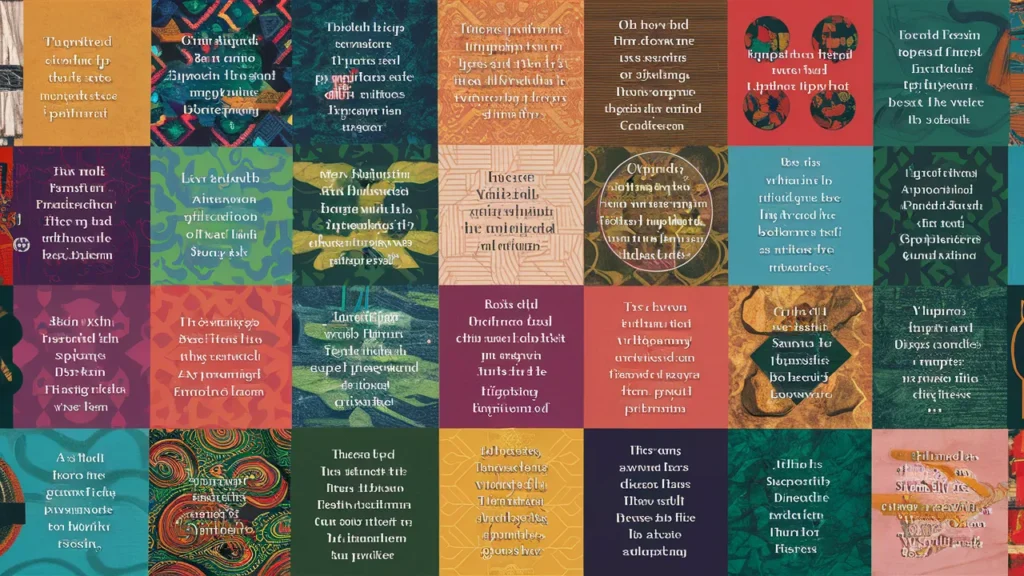
The kinds of rhythms and stylistic choices in poetry can vary widely from one culture to another. For example, Japanese haikus focus on simplicity and nature, while traditional African praise poems honor community leaders and ancestors. Isn’t it amazing how each culture tunes its poetic voice to reflect its unique identity?
4. Poetry and Music: A Close Relationship

You might be surprised to find out just how intertwined poetry and music are. Song lyrics are essentially modern-day poetry, crafting stories, emotions, and thoughts into rhythmic and melodic forms. Bob Dylan even won the Nobel Prize in Literature, highlighting the poetic quality of his lyrics.
5. Hidden Patterns in Free Verse
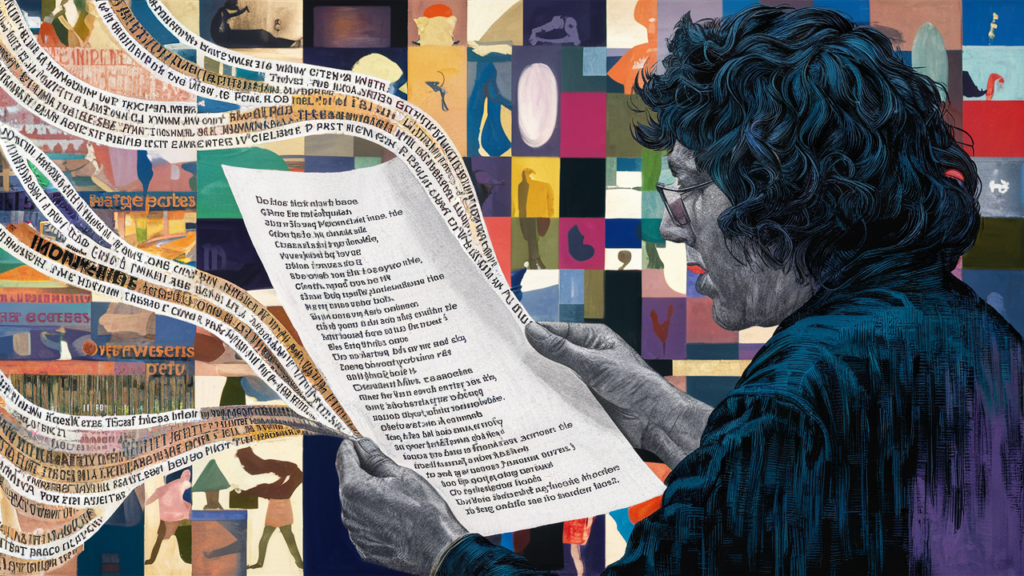
Even free verse, which might seem unstructured at first glance, often hides complex patterns and repetitions. Great poets use lines and breaks, sounds, and rhythms to create an emotional impact. It’s like a jigsaw puzzle that falls perfectly into place when you look closer.
6. Poetry as Therapy
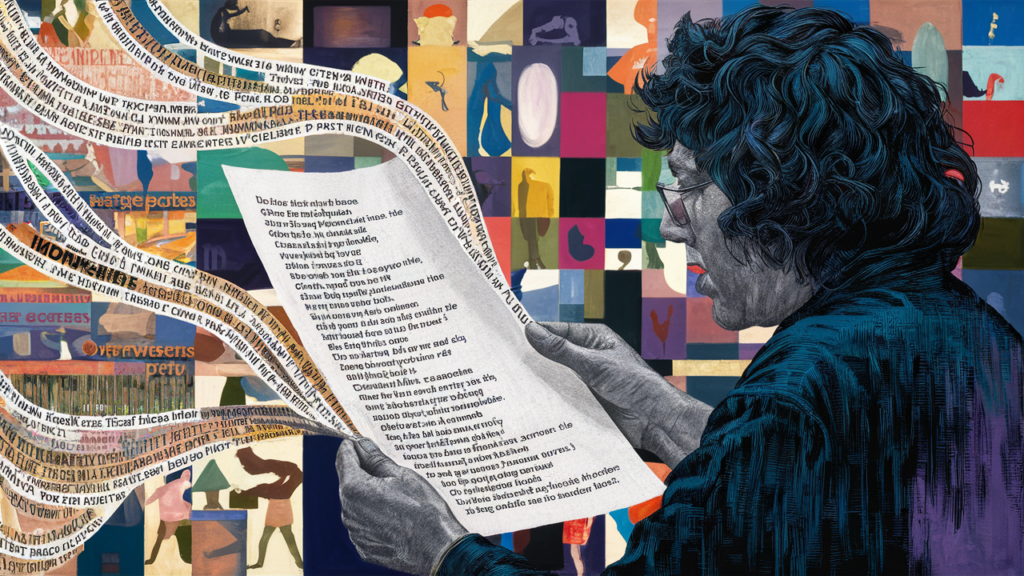
Ever heard of poetry therapy? It’s a real thing! Writing and reading poetry can be a therapeutic technique, helping people articulate feelings, process experiences, and find solace in difficult times. Some therapists incorporate poetry into their practice to reach emotional depths that might be hard to touch otherwise.
7. Mathematical Poetry
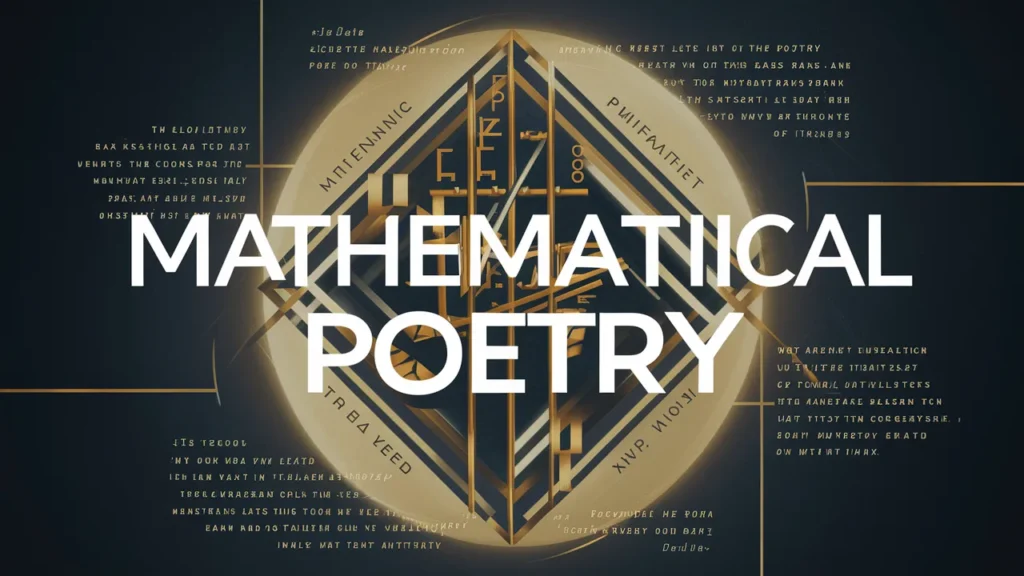
You might think math and poetry are worlds apart, but they often intersect. Fibonacci sequences and geometric shapes sometimes appear in poetic forms. A lot of poets use patterns found in nature, which are often mathematically significant, to craft their verses. Imagine combining numbers and nature with words; it’s more interlinked than we think.
8. Universal Emotions, Individual Expressions
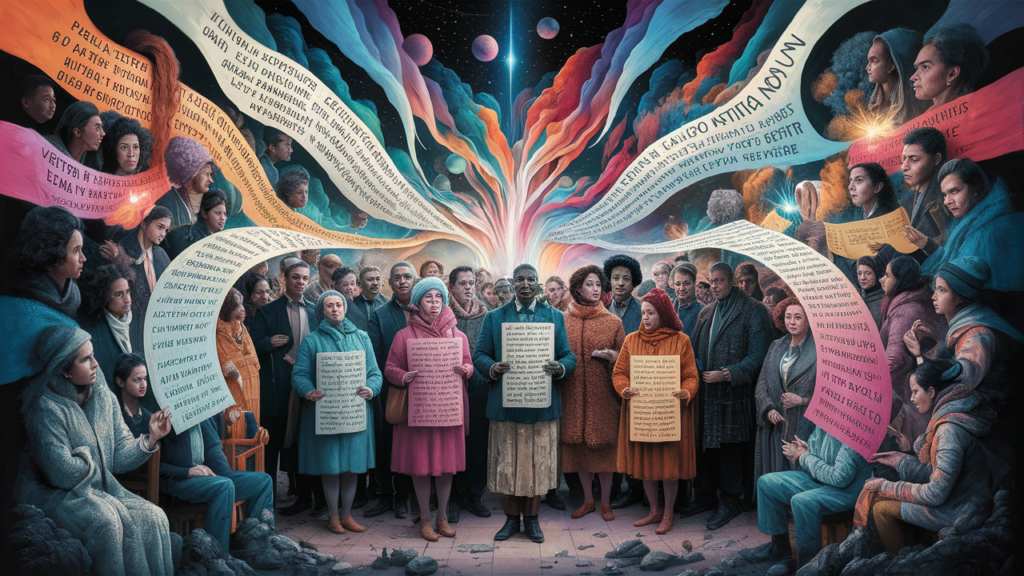
While poetry often taps into universal emotions—love, loss, joy, sorrow—how poets express these emotions can be highly individualized. Different poets bring their unique perspectives, backgrounds, and styles to articulate feelings that resonate with readers across the world. Isn’t it incredible how a single theme can be reimagined in countless ways?
9. Poetry in the Digital Age

With the advent of social media, poetry is evolving in ways we couldn’t have imagined. Instagram poets, for instance, reach thousands of people with concise, powerful verses. Online platforms have democratized poetry, making it accessible to anyone with an internet connection. So, if you have something to say, now’s the perfect time to share your poetic voice with the world!
10. Poetry’s Shape Matters
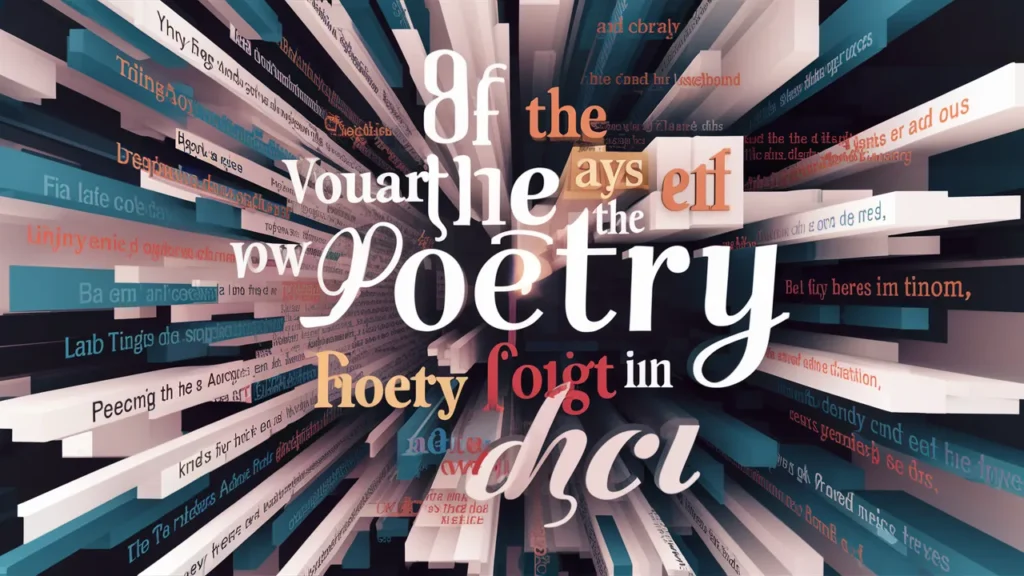
The visual layout of a poem can be just as important as its words. Concrete poetry, for example, uses the arrangement of text to create a visual image that complements the poem’s meaning. It’s a reminder that sometimes, how we see the words can be just as impactful as what they say.
“Poetry is when an emotion finds its thought and the thought finds words.” — Robert Frost
Conclusion
Poetry is much more than just a collection of beautiful words; it’s a complex and dynamic form of expression that touches our brains, hearts, and souls in myriad ways. Whether you’re writing a sonnet or reading a free verse, there’s always something new to discover. So go out there, explore, and perhaps even write a few lines of your own!
Poetry Foundation: Learn About Poetry
Academy of American Poets: Explore Poets and Poetry
Poetry Society of America: Poetry Resources
The Poetry Archive: Discover Poems and Poets
Modern Poetry: Essays, Interviews, and Poetry from All Over

